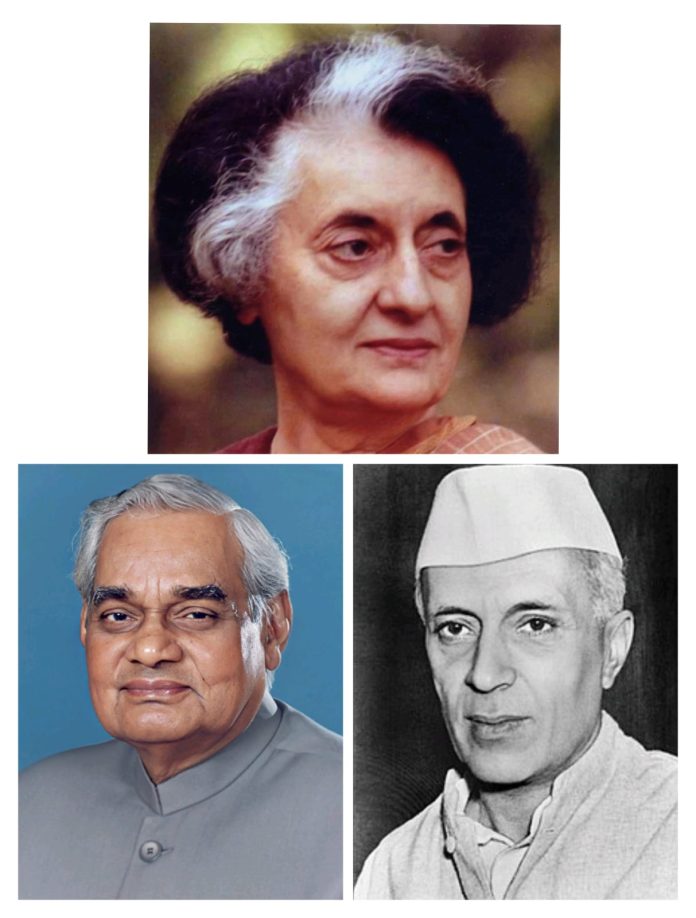13 Jun. 24: Recent claims that Prime Minister Narendra Modi is the first leader after Jawaharlal Nehru to be sworn in three times are incorrect. Nehru, India’s first prime minister, took office not thrice but four times – in 1947, 1952, 1957, and 1962. Including his interim government role in 1946, Nehru’s tenure extended to five oaths.
Prime Minister Modi’s political journey, marked by his third term, shows a different trajectory compared to his predecessors. The Bharatiya Janata Party (BJP) won 282 seats in 2014 and 303 in 2019, largely influenced by the Balakot air strike following the Pulwama terrorist attack. However, Modi’s achievements contrast with Nehru’s and the Congress Party’s dominance during a similar period.
Nehru led Congress to victory in India’s first general election in 1952 with 364 seats. The party increased its tally to 371 seats in 1957 but dropped slightly to 361 in 1962. Despite Congress’s overwhelming majorities, Nehru maintained a collaborative approach with the Opposition, fostering parliamentary debate and national interest.
Nehru’s legacy as the architect of modern India is globally acknowledged. His cabinet in 1962, comprising 17 ministers of cabinet rank and five ministers of state, included prominent figures like Morarji Desai (Finance), Jagjivan Ram (Transport and Communications), and Lal Bahadur Shastri (Home Affairs). Nehru’s leadership and the caliber of his ministers played a significant role in Congress’s sustained success.
Modi’s recent swearing-in, alongside his council of ministers, prompts a comparison with Nehru’s modest-sized ministry and its distinguished members. Nehru’s final electoral victory in 1962, with 361 seats, was partly attributed to his decisive action to free Goa from Portuguese rule in 1961. This military action was applauded nationwide despite criticism from his former ally, C. Rajagopalachari of the Swatantra Party.
The 1962 elections saw the Congress retain a significant majority, with the Communist Party of India becoming the largest opposition party with 29 seats, followed by Swatantra with 18 seats. Nehru’s respectful engagement with the opposition ensured their influence on government policies despite their smaller numbers.
Nehru’s tenure, characterized by high political and moral standards, laid the foundation for India’s parliamentary democracy. As Modi embarks on his third term, reflections on Nehru’s era underscore the enduring principles of leadership and governance in India’s democratic journey.




